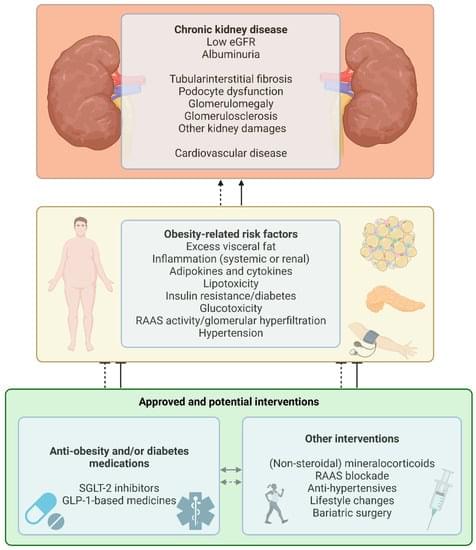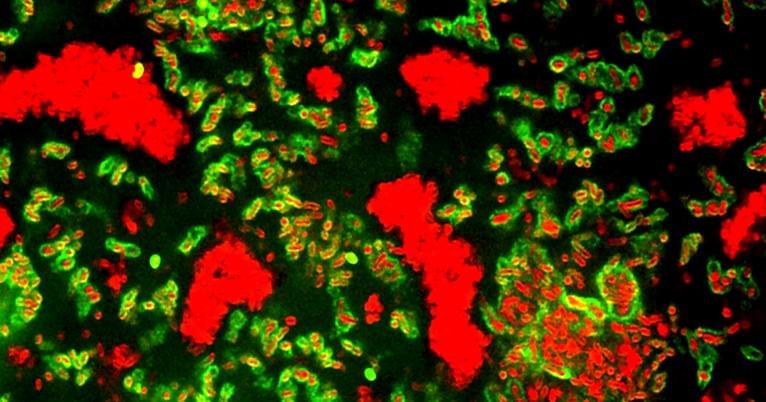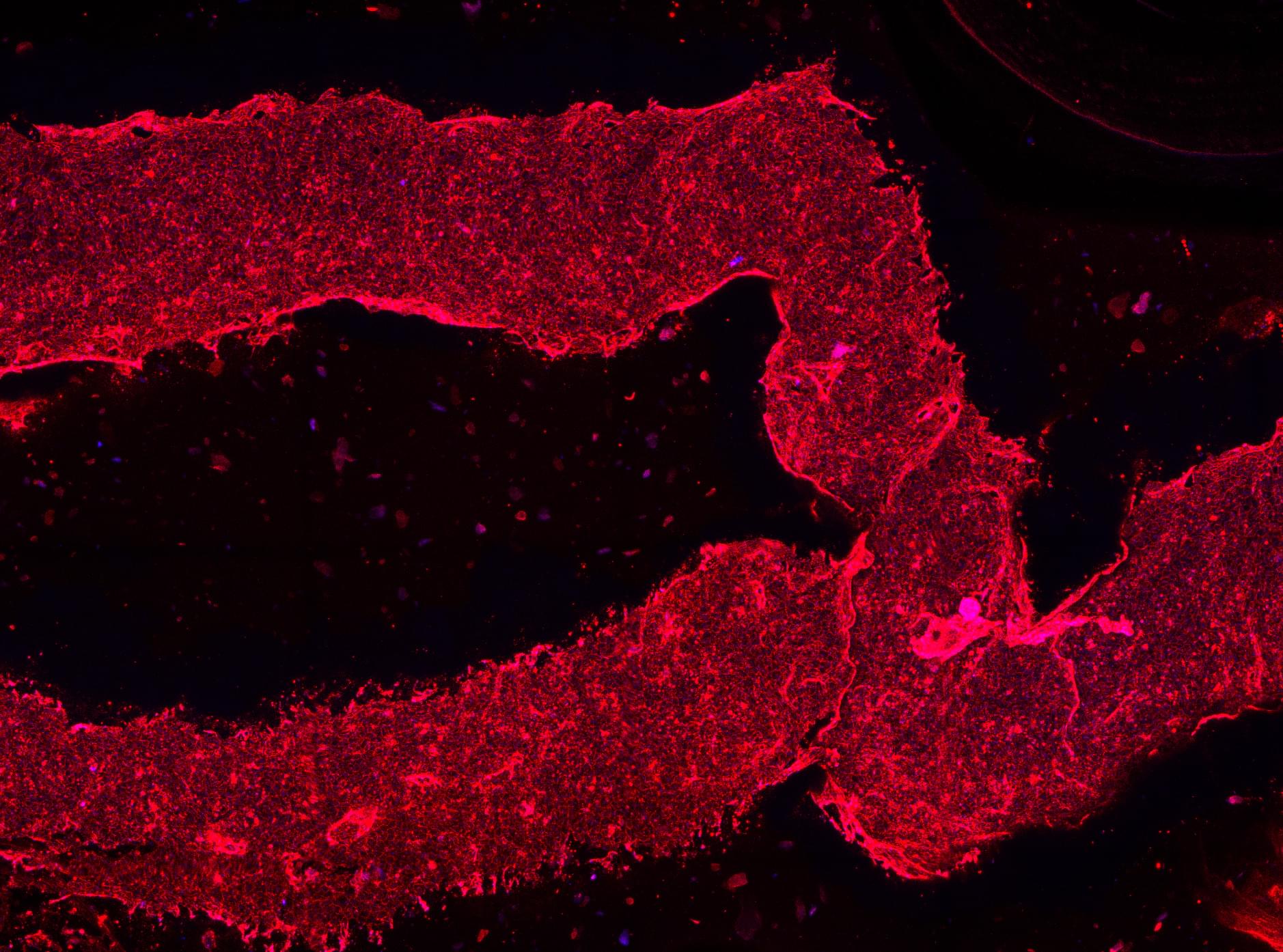Researchers have advanced a decades-old challenge in the field of organic semiconductors, opening new possibilities for the future of electronics. The researchers, led by the University of Cambridge and the Eindhoven University of Technology, have created an organic semiconductor that forces electrons to move in a spiral pattern, which could improve the efficiency of OLED displays in television and smartphone screens, or power next-generation computing technologies such as spintronics and quantum computing.
The semiconductor they developed emits circularly polarized light—meaning the light carries information about the ‘handedness’ of electrons. The internal structure of most inorganic semiconductors, like silicon, is symmetrical, meaning electrons move through them without any preferred direction.
However, in nature, molecules often have a chiral (left-or right-handed) structure: like human hands, chiral molecules are mirror images of one another. Chirality plays an important role in biological processes like DNA formation, but it is a difficult phenomenon to harness and control in electronics.








